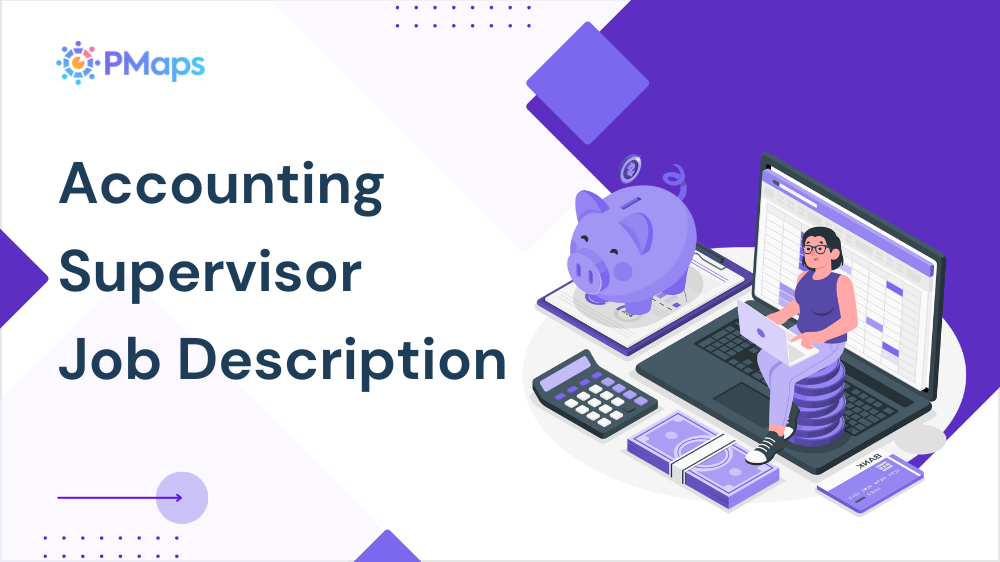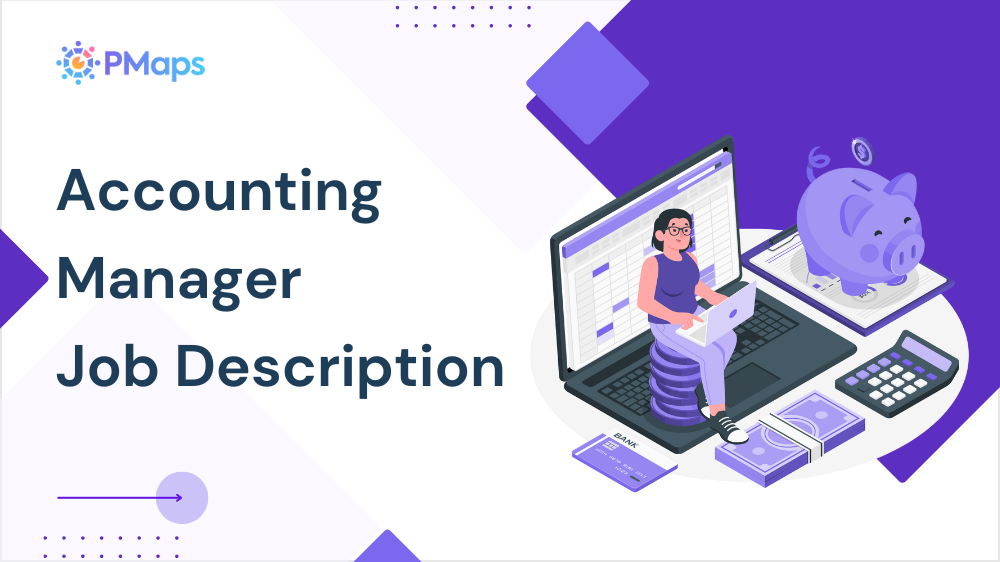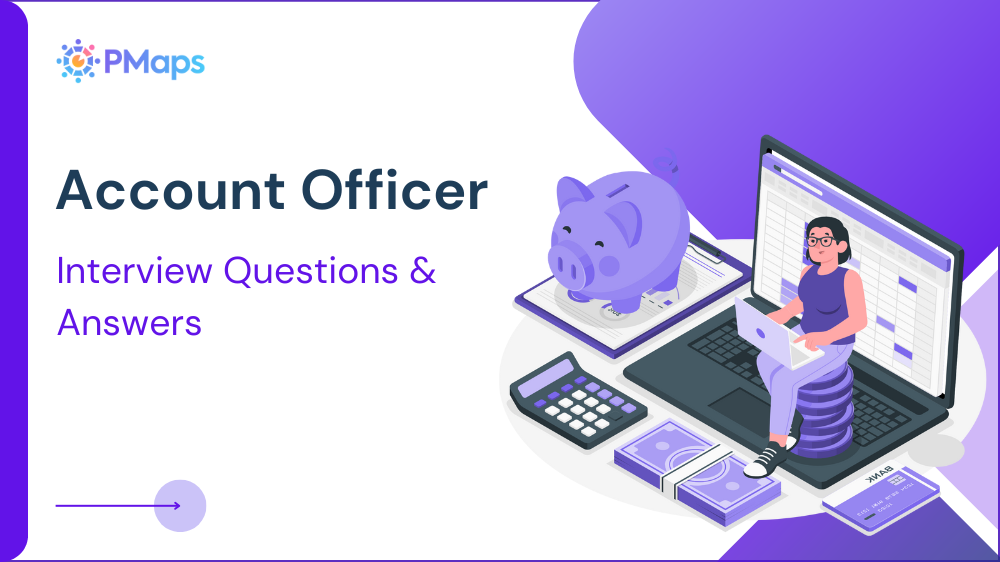
The accounting supervisor oversees the accuracy and execution of daily financial operations—ensuring control, consistency, and compliance across ledgers, reconciliations, and closing cycles. This accounting supervisor job description targets mid-level finance professionals who lead teams, enforce controls, and support audits through structured oversight and ERP-integrated practices.
This position is not to be confused with general accountant or AP coordinator roles. The accounting supervisor responsibilities focus on end-to-end ledger integrity, staff management, and timely reporting—particularly within teams responsible for accounts payable (AP), receivables, and monthly close. The accounting supervisor job description 500 prioritizes cross-functional financial alignment without diluting the core accounting scope.
Accounting Supervisor Duties and Responsibilities
The accounting supervisor leads by ensuring accounting accuracy, enforcing controls, and managing team performance. This role monitors ledger health, coordinates monthly close, and ensures all transactions meet internal and external reporting standards.
- Supervise daily accounting operations across AP, AR, and general ledger.
- Review journal entries, reconciliations, and financial reports for accuracy.
- Oversee month-end and year-end close processes in coordination with finance leads.
- Ensure compliance with GAAP, IFRS, or relevant local accounting standards.
- Manage a team of junior accountants and provide role-specific guidance.
- Assist in developing and enforcing accounting policies and procedures.
- Liaise with auditors during internal and external audit cycles.
- Support ERP implementation and data migration during system upgrades.
- Collaborate with FP&A teams on variance analysis and accruals.
- Approve transactions, expense entries, and system-based postings as per delegation authority.
Objective of the Accounting Supervisor Role
This role exists to ensure financial reporting integrity, close discipline, and team accountability. The accounting supervisor bridges operational execution and audit readiness—delivering structured oversight, reconciled ledgers, and policy-compliant workflows within the finance team.
- Maintain ledger accuracy across daily and monthly accounting cycles.
- Supervise team performance and process adherence.
- Enforce internal controls and documentation standards.
- Support closing schedules and audit timelines.
- Enable ERP and process consistency for scalable reporting.
HR Add-Ons: Teams that assess accounting supervisors for ledger control see a 25% improvement in monthly close accuracy (PwC). Use our Accounting Supervisor Assessment to evaluate reporting consistency, reconciliation skills, and compliance readiness.
Qualification and Skill Requirements for Accounting Supervisors
This role demands both technical accounting command and process leadership. The following qualifications ensure candidates are equipped to manage team-driven finance operations, reporting tasks, and compliance schedules.
- Bachelor’s degree in Accounting, Finance, or Commerce; CPA or equivalent preferred.
- 4–6 years of accounting experience, including 1–2 years in a supervisory role.
- Strong command of GAAP, IFRS, and regulatory reporting standards.
- Proficiency in ERP systems (SAP, Oracle, NetSuite) and MS Excel.
- Demonstrated ability to manage closing cycles and reconciliation processes.
- Experience leading AP/AR teams and conducting ledger reviews.
- Audit preparation skills and documentation familiarity.
- Excellent communication and team coordination capabilities.
Perks and Benefits of the Accounting Supervisor Role
Accounting supervisors gain visibility across financial processes while contributing directly to reporting accuracy and team efficiency. The role offers consistent workflows, leadership exposure, and a performance-based path toward senior accounting or controller-level positions.
- Defined scope across reporting, reconciliation, and team leadership.
- Growth into Accounting Manager or Assistant Controller roles.
- Access to structured finance systems and ERP environments.
- Training in compliance, audit prep, and control documentation.
- Performance-linked incentives for close accuracy and team outcomes.
- Involvement in cross-functional projects with FP&A and audit teams.
- Participation in policy refinement and workflow design initiatives.
Tips for Employers to Craft an Effective Accounting Supervisor JD
A clear job description filters for professionals who blend accounting accuracy with leadership accountability. To attract the right candidates, employers should define process ownership, team size, and reporting depth without overlapping the role with managerial or purely clerical positions.
- Specify which accounting processes the supervisor leads—AP, AR, GL, close.
- Mention ERP systems, reconciliation tools, or reporting platforms in use.
- Indicate team scope—number of reports and cross-team interactions.
- Clarify compliance role—support for audit, regulatory filings, or internal reviews.
- Distinguish it from staff accountants—highlight supervisory oversight.
- Define reporting lines—Finance Manager, Controller, or Head of Accounting.
HR Updates: Structured interview frameworks for accounting supervisors reduce month-end delays by 23% (Deloitte). Use our Accounting Supervisor Interview Bank to evaluate reconciliation oversight, closing accuracy, and leadership readiness.









